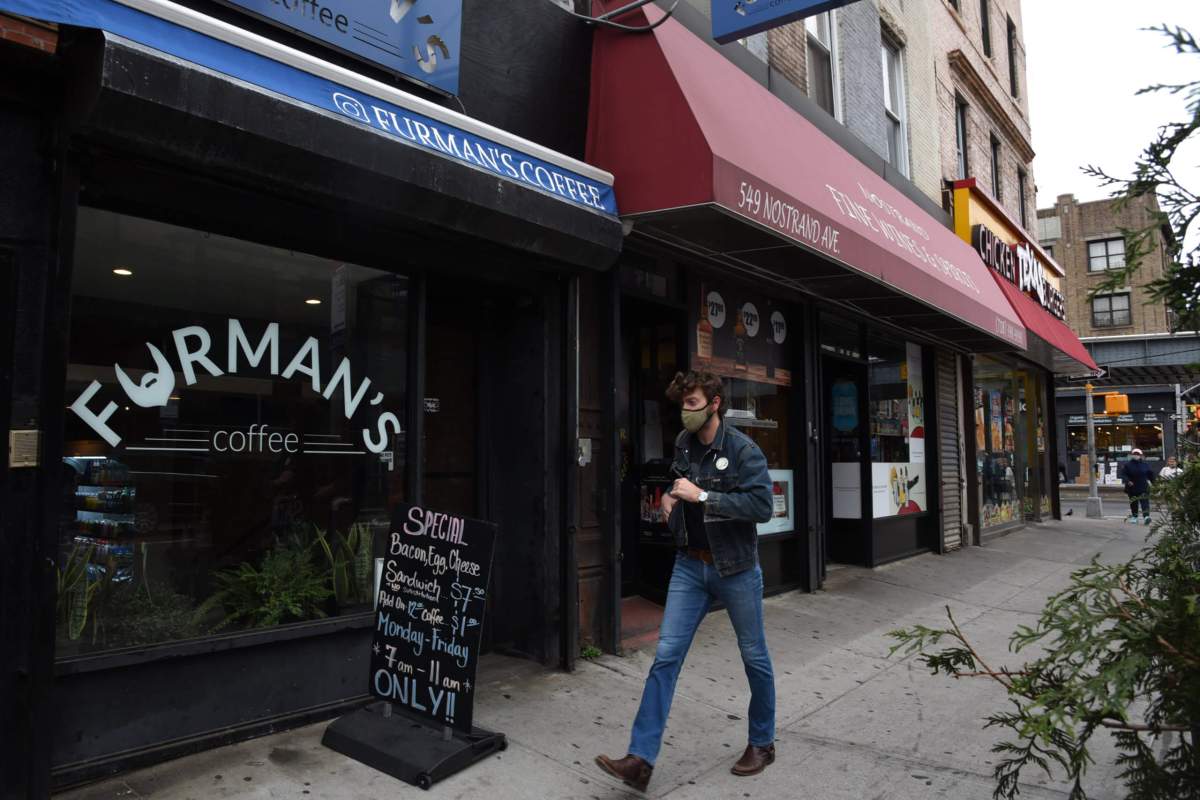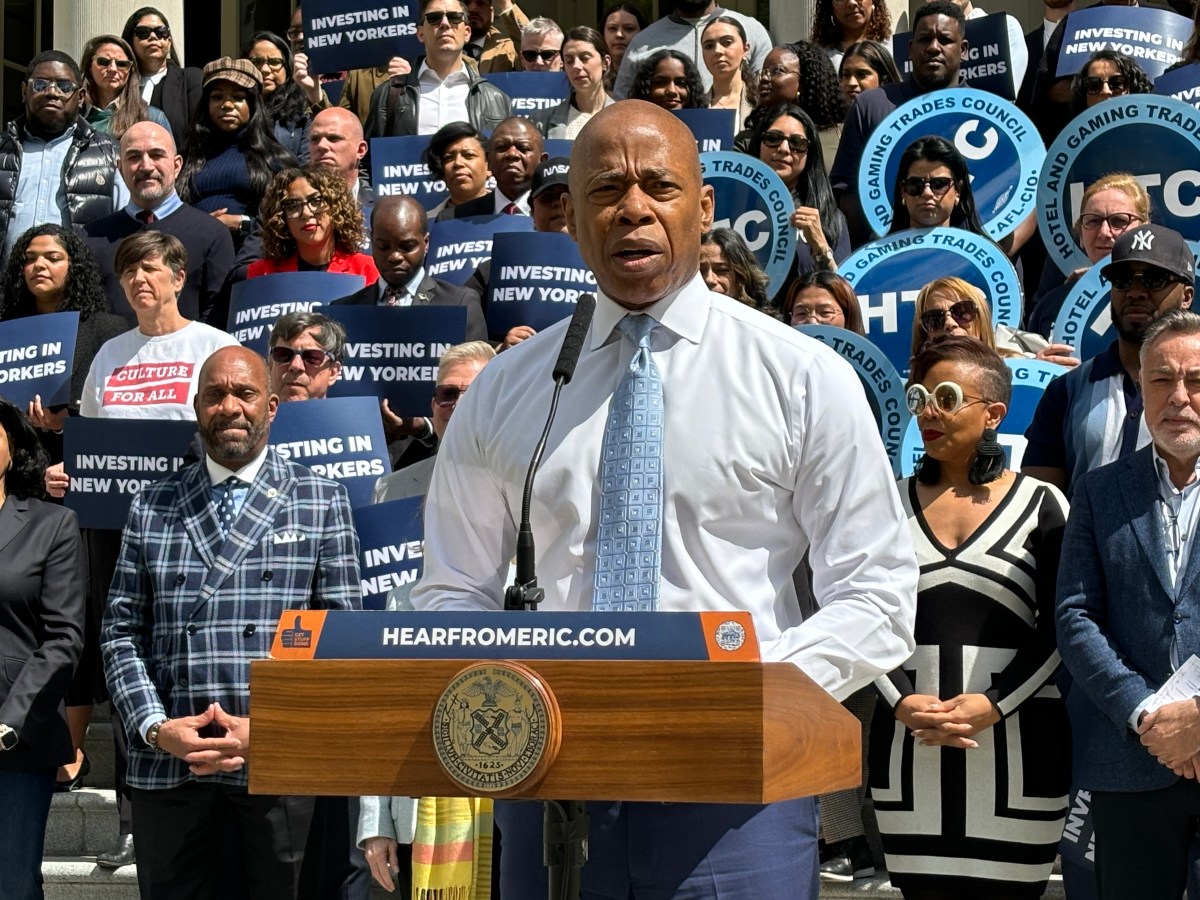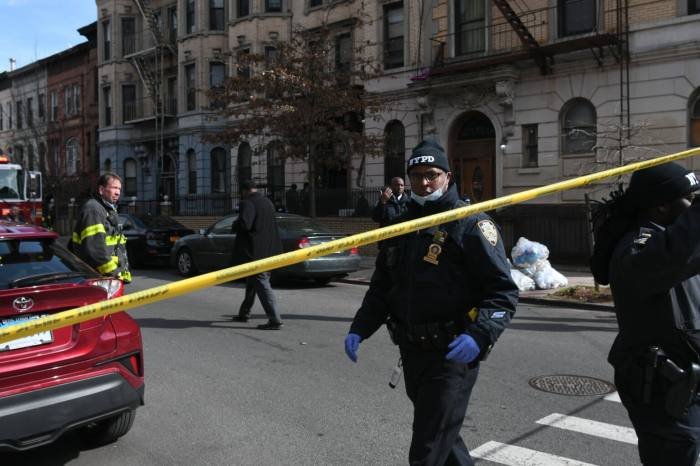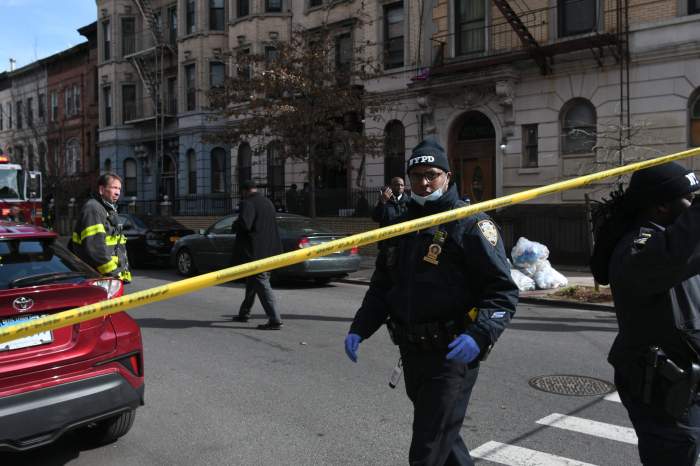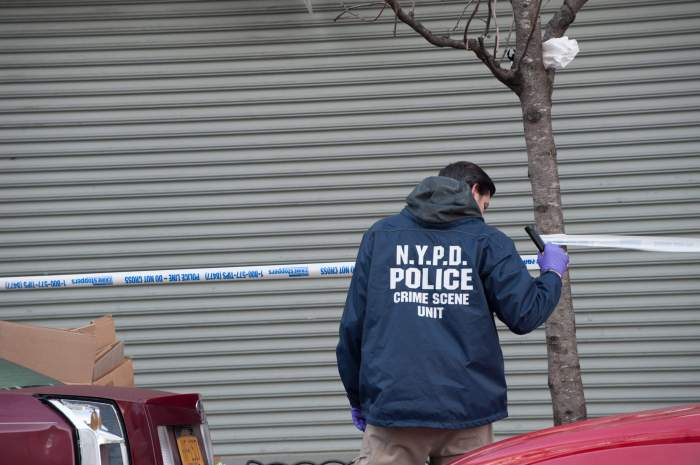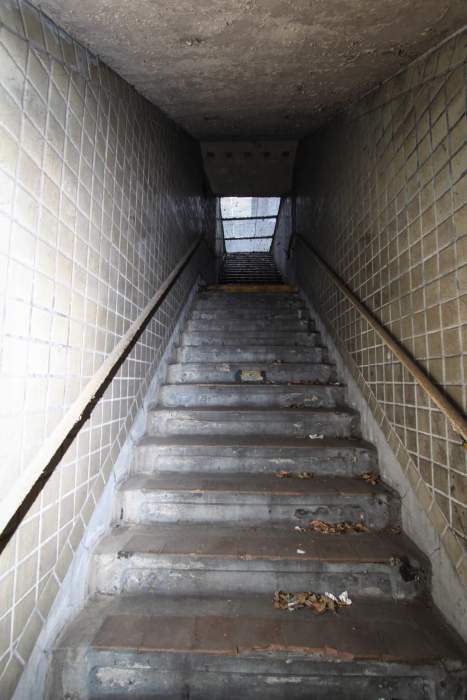Emmanuel DeJesus hasn’t been able to pay rent for his Nostrand Avenue coffee shop since September.
“It’s almost impossible to meet the bottom line with those numbers,” said DeJesus, owner of Furman’s Coffee near the border of Crown Heights and Bedford-Stuyvesant. “It just takes a toll on the whole process of trying to get a product out to a customer.”
Harming his business the most, he said, has been a precipitous drop-off in foot traffic along the commercial corridor dating back to the coronavirus outbreak last March.
“It just seems like a lot of our clientele has left the city,” he said.
In addition to rent, the shop is also behind on its electric bill by several months. Before the COVID-19 pandemic, DeJesus employed nine people in the shop. Now, the coffee aficionado — whose love for java began in the Dominican Republic, where he worked on his grandmother’s coffee plantation growing up — employs just two, and works nearly 90 hours a week while raising two kids.
More than a year into the pandemic, DeJesus said, his financial trouble doesn’t stop at the shop. The small business owner says he is $500k in the hole, and now struggles to pay rent at home and put food on the table for his children.
“Not only am I not making rent there, but I’m not making rent in my apartment or having the funds to feed my family,” he said. “It’s been pretty rough.”
Furman’s landlord has been lenient about the business’ inability to pay rent, DeJesus said, but bills are piling up for property owners, too.
“They’re depending on the rent to pay their mortgage as well,” he said. “So essentially if I don’t pay the rent, that’s another small business that will go under.”
‘The government has to step in’
Like many independent eateries, Furman’s was not yet profitable pre-pandemic, deeming DeJesus unable to qualify for any federal Paycheck Protection Program funds. The shop is applying for a new round of restaurant-targeted funding from the federal Small Business Administration this week, but DeJesus hopes more is done for struggling small businesses like his.
Furman’s, as a minority-owned business, is hardly alone in their struggles. A recent survey conducted by the nonprofit LISC NYC found that nearly three-quarters of minority-owned businesses in New York City fear closure if they do not receive some sort of financial support.
The survey also found that minority-owned businesses lost nearly a third of their workforce throughout the pandemic, and that more than half were unable to pay their rent.
According to the group’s executive director, Valerie White, the problems affecting these businesses existed long before the pandemic, and were only further exacerbated and brought to light by it.
“The term ‘recovery’ means getting back to the place where you were prior to the incident, the crises,” she said. “But for these businesses, they were not at a place of equity.”
Feeding that imbalance is a multitude of inequities, which include a lack of access to capital funding and even things like high-speed internet. For the city’s recovery to be just, White argues a concerted effort needs to be made to bring these businesses back stronger than before.
“Where there is crisis there is opportunity,” she said. “Now we have the opportunity to build up these strong foundational commercial corridors.”
For DeJesus, the only way he can forsee his business pulling through is with concrete assistance from the government.
“Ultimately the government has to step in and help us out,” he said. “I think it’s the only way to see any shift in what’s been happening.”


